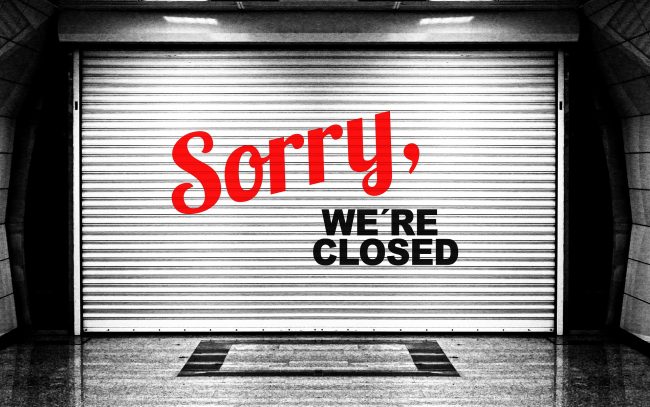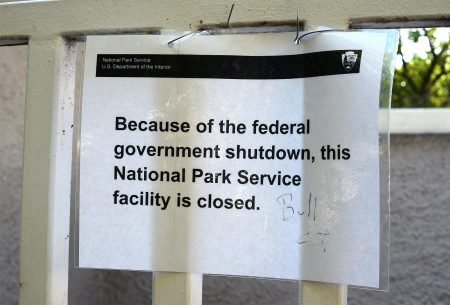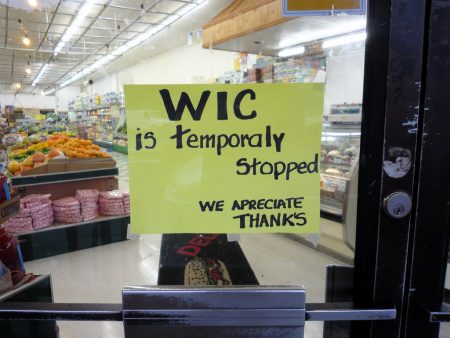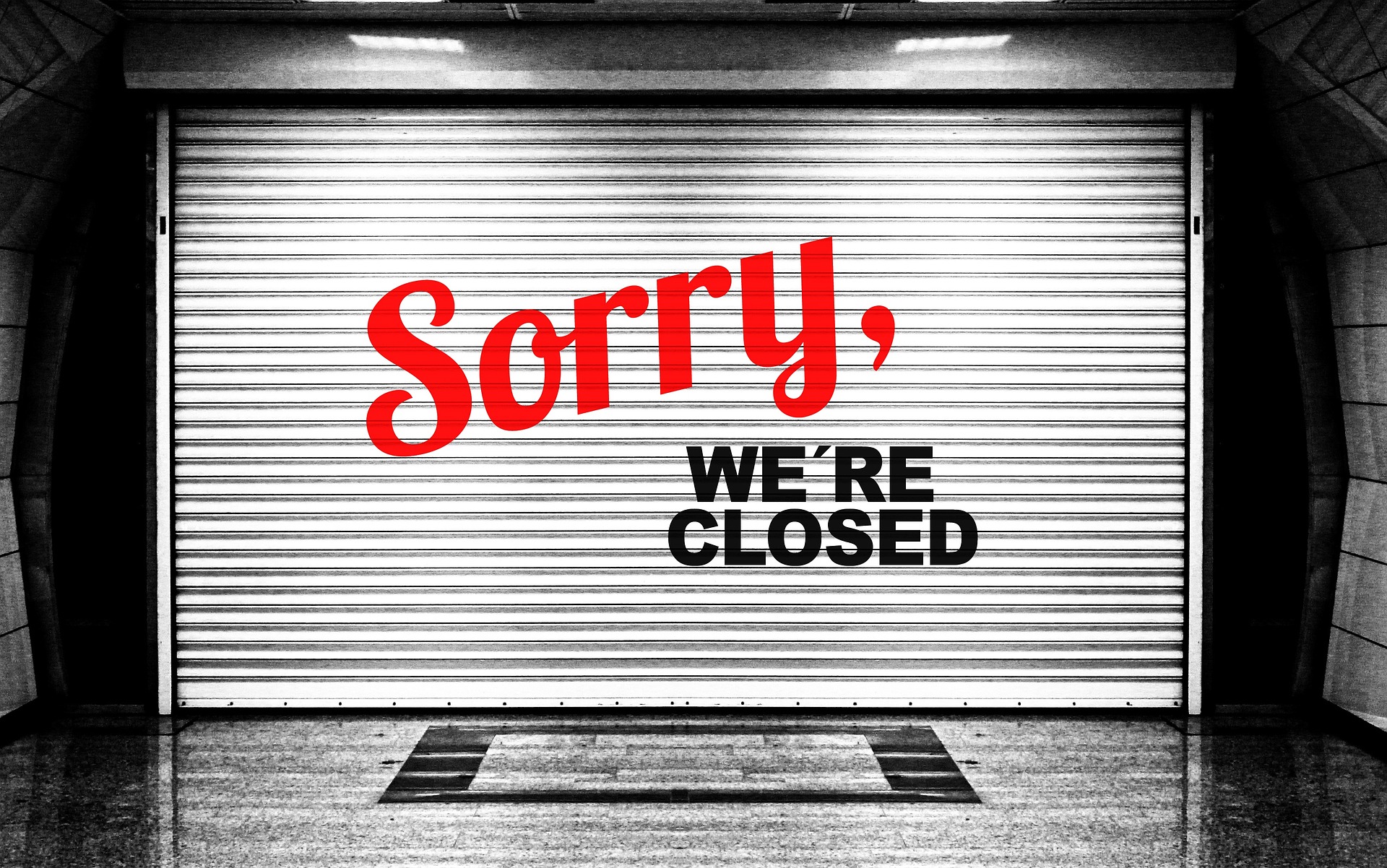|
Getting your Trinity Audio player ready...
|
 The government shutdown affects all Americans either directly or indirectly. Hundreds of thousands of federal employees are working without pay or on mandatory vacations while numerous agencies remain unfunded.
The government shutdown affects all Americans either directly or indirectly. Hundreds of thousands of federal employees are working without pay or on mandatory vacations while numerous agencies remain unfunded.
President Donald Trump refused to sign any budget plan that does not contain billions for his pet project — the Border Wall. In doing so, at 12:01 a.m. ET on Dec. 22, 2018, 25 percent of the government closed for business.
Jan. 8, 2019 marks the 18th day. During the government shutdown, the president has shown little compassion for the American people, many of whom make up his base.
Paychecks for the president, vice president, member of Congress will not cease during the shutdown. Military personnel will be paid since their budget was approved in September 2018. However, the Coast Guard, under the umbrella of Homeland Security will run out of funds by the end of February 2019.
On January 11, 800,000 federal employees will miss their first paycheck. Five-hundred thousand of those remain working without pay during the shutdown. These unpaid agencies are those dedicated to the wellbeing of the U.S. and its people; FBI agents, TSA agents, and officers with Customs and Border Protection.
Nationally Funded Agencies Closed During the Shutdown
 The National Parks Conservation Association (NPCA) reports many public lands are unstaffed and ungated. Restrooms and visitor centers will remain locked. What little staff present is working without pay. The surrounding communities and park visitors suffer the effects of their closures.
The National Parks Conservation Association (NPCA) reports many public lands are unstaffed and ungated. Restrooms and visitor centers will remain locked. What little staff present is working without pay. The surrounding communities and park visitors suffer the effects of their closures.
Basically, anything that can be locked will remain closed during the shutdown including presidential homes, cultural centers, and museums. The William Howard Taft National Historical Site in Ohio is one of the places visitors will find locked gates.
The National Zoological Park in Washington D.C. is closed, but the animals are still being looked after by the zoo staff. On Jan. 1, all Smithsonian museums and the National Gallary of Art with its attached sculpture garden are among parks, and entertainment locales closed during the shutdown.
Some of the parks remain open without services such as restroom or outhouse and trash maintenance or tours. However, many have closed for the safety of the public. For example, Crater Lake National Park in Oregon is closed for the duration because of an excessive build-up of human waste affecting the disposal system.
Due to loss of revenue from entrance fees, the National Park Service is losing approximately $400,000 per day. The Grand Canyon, Shenandoah, Yellowstone, Yosemite, and Zion retain 80 percent of these fees to support their daily operating costs.
The NPCA reports more expenditures will occur after the government resolves its budget issues.
Additional shutdown costs include the opportunity cost of lost labor, the cost of postponing maintenance that can lead to further and more costly damage, and the cost of cleanup after the shutdown.
Government Shutdown Leaves Nutrition Assistance Programs Unfunded
 If no budget agreement is made by February millions of Supplemental Nutrition Assistance Program (SNAP) or food stamp recipients could experience a disruption. This would likely put them in the position of having to choose whether to buy food instead of paying their rent or paying for their medication.
If no budget agreement is made by February millions of Supplemental Nutrition Assistance Program (SNAP) or food stamp recipients could experience a disruption. This would likely put them in the position of having to choose whether to buy food instead of paying their rent or paying for their medication.
Normally, the SNAP budget is automatically renewed, however, the allocation is set to end on January 31. Congress managed to appropriate $3 billion from the emergency fund, but it is not likely to cover all of the needed dollars for February’s output.
Based on the most recent data, in September 2018, $4.7 billion in SNAP benefits were distributed in the United States.
Of greater concern are the Food Distribution Program on Indian Reservations and the Special Supplemental Nutrition Program for Women, Infants, and Children (WIC) none of which will receive federal funds during the shutdown. However, the USDA website indicates these programs “can continue to operate at the State and local level with any funding and commodity resources that remain available.”
Other nutrition services such as the School Lunch, School Breakfast and the Child and Adult Care Feeding programs are funded through the end of February.
Alcohol Distribution Delayed During Government Shutdown
Due to the closure of The Alcohol and Tobacco Tax and Trade Bureau (TTB), beer, wine, and alcohol manufacturers are unable to sell new products. The reason is they must obtain federal approval on all labels created for national sales.
 In Oregon, Ecliptic Brewing was forced to place two projects on hold. Brewmaster and Owner John Harris is working on new beers for national distribution. However, because he is unable to apply for approval while the government is shut down his new brews can only be sold within the state.
In Oregon, Ecliptic Brewing was forced to place two projects on hold. Brewmaster and Owner John Harris is working on new beers for national distribution. However, because he is unable to apply for approval while the government is shut down his new brews can only be sold within the state.
Harris explains one of his temporarily shelved projects is a collaboration with a brewery in New York. He added the typical turnaround time for the TTB to approve new labels is usually 10 days. However, with the shutdown, there will be a backlog of applications, and it is likely to take up to 45 days for each to be evaluated and approved.
Naturally, each closed agency affects all American in one way or another. Also obvious are the additional costs incurred during the shutdown and the ramifications will certainly increase the longer each agency is closed. The president says he will not budge and America should be prepared for an extended government shutdown.
Written by Cathy Milne-Ware
Sources:
NBC News KGW8: Local breweries can’t release new beers due to government shutdown
NBC News KGW8: VERIFY: Who gets paid during a government shutdown?
CBS News: Millions could face severe cuts to food stamps due to government shutdown
CBS News: What’s closed during the partial government shutdown?
National Parks Conservation Association: How Is the Partial Government Shutdown Affecting National Parks?
Featured and Top Image Courtesy of geralt’s Pixabay Page – Creative Commons License
First Inset Image Courtesy of Stephen Melkisethian’s Flickr Page – Creative Commons License
Second Inset Image Courtesy of Jason Eppink’s Flickr Page – Creative Commons License
Third Inset Image Courtesy of Chris’ Flickr Page – Creative Commons License



